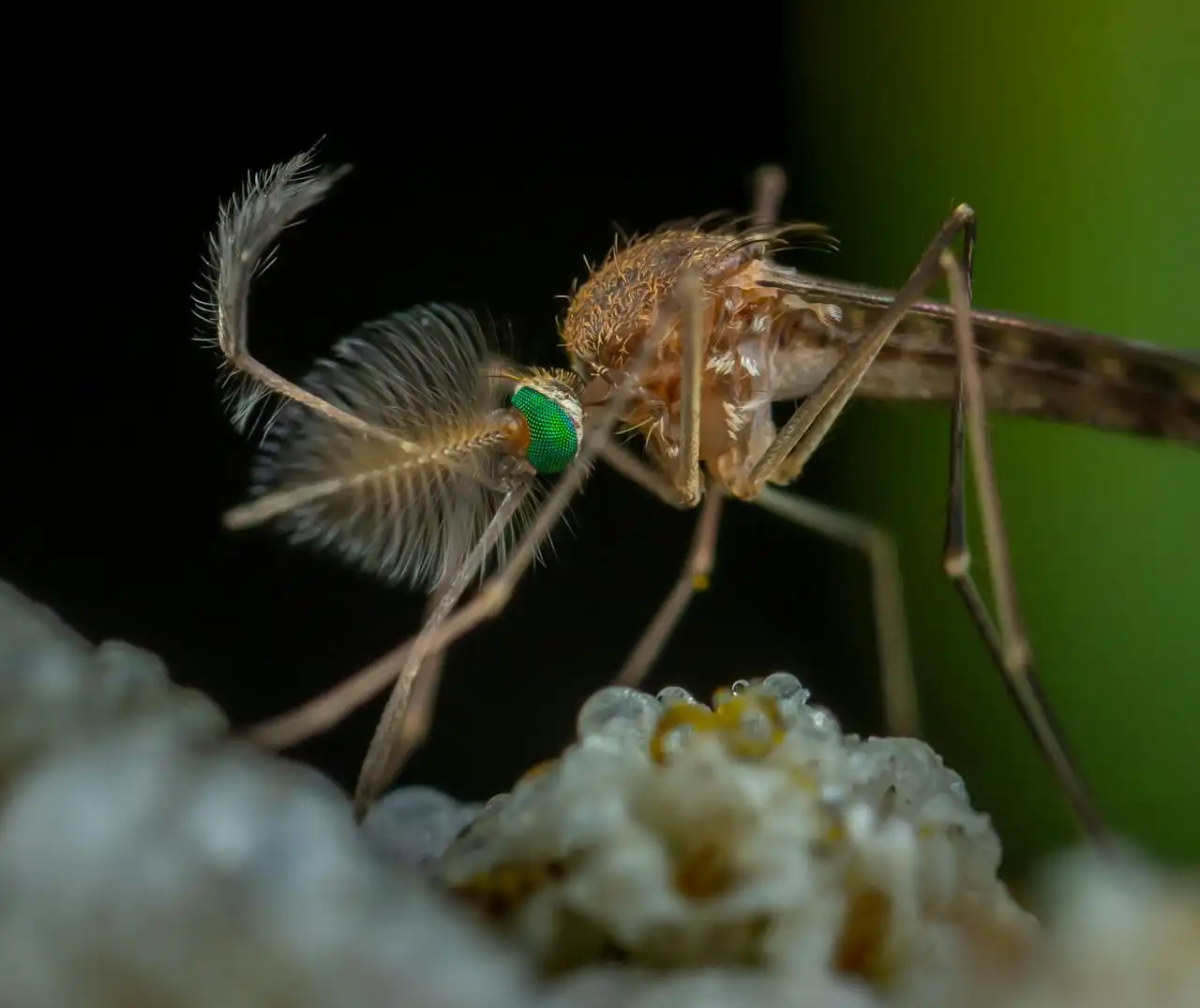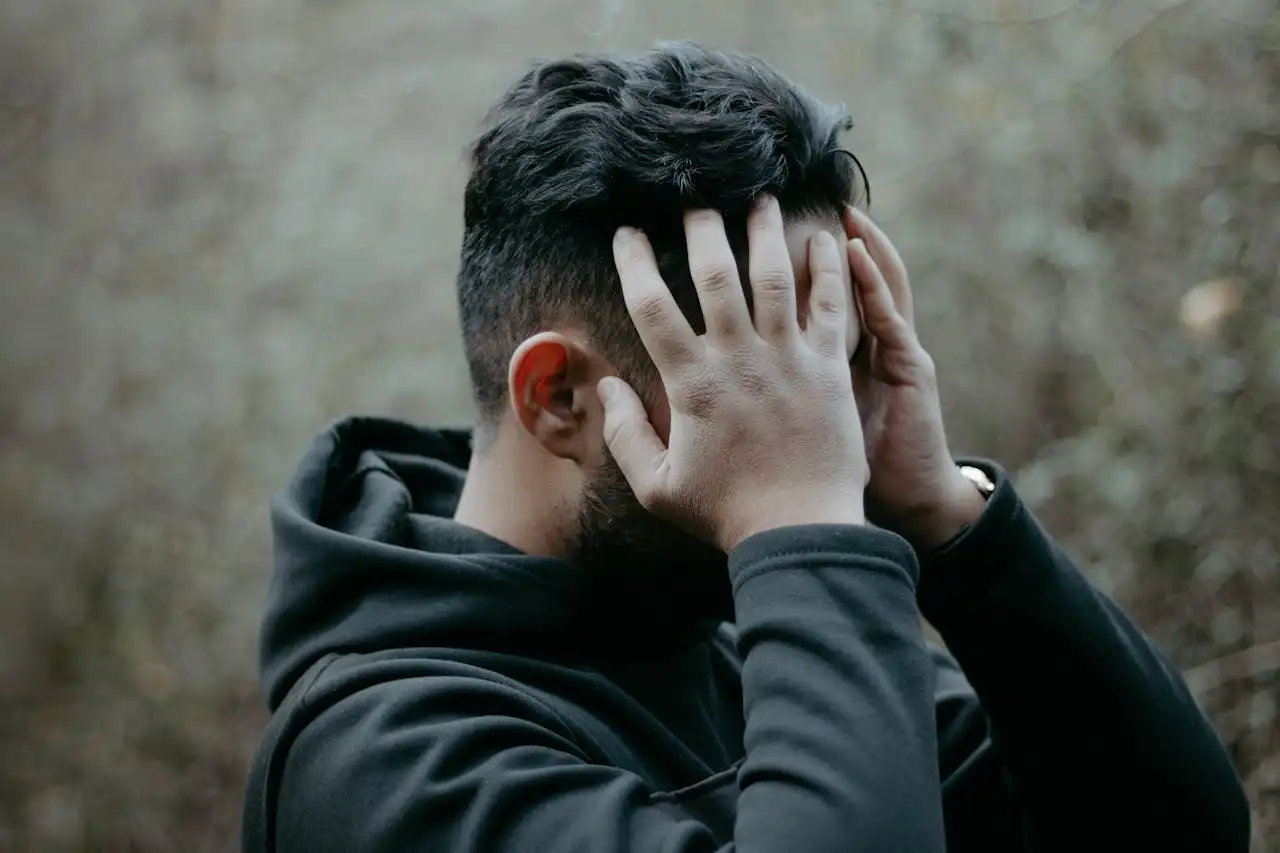It's Not Just a Fever: Long-Term Complications of Chikungunya to Watch Out For
Muhe - Thursday, 24 July 2025 | 06:00 PM (WIB)


The Initial Knockout Punch: What Chikungunya Feels Like
The acute phase of Chikungunya is no joke. The onset is usually sudden and dramatic. We’re talking high fever, often spiking to 104°F (40°C), accompanied by excruciating joint pain, typically affecting the hands, feet, knees, and spine. It’s not just a dull ache; it can be debilitating, making even simple movements feel like Herculean tasks. Many describe it as feeling like every joint in their body has gone on strike simultaneously. Add to that a rash that pops up a few days in, severe headaches, muscle pain, and sometimes nausea or vomiting. It’s a full-body assault, leaving you flattened and desperate for it to end. And for many, mercifully, it does. The fever subsides, the rash fades, and the acute joint pain recedes. But for others, the story is far from over.The Uninvited Guest: When the Fever Fades But the Trouble Stays
This is where the plot thickens and the true menace of Chikungunya reveals itself. The virus might be gone from your bloodstream, but it can leave a lasting legacy of inflammation and damage. It’s like the aftershocks of an earthquake – sometimes, they’re more damaging than the initial tremor. This isn't just anecdotal; studies across the globe, from Asia to Africa to the Americas, have consistently shown that a significant percentage of Chikungunya survivors experience chronic symptoms. Let’s dive into what those unwelcome souvenirs often look like.The Joint Rebellion: Chronic Arthralgia and Arthritis
This is, hands down, the most common and arguably the most debilitating long-term complication. While the initial joint pain might fade, for many, it returns with a vengeance, or simply never fully goes away. This chronic joint pain, or arthralgia, can evolve into full-blown chronic arthritis. Imagine waking up every day feeling like your joints are rusted, swollen, and on fire. Simple tasks like opening a jar, walking up stairs, or even holding a cup become monumental challenges. It can affect any joint, but often targets the small joints of the hands and feet, as well as the knees, ankles, and spine. This isn't just discomfort; it can lead to significant disability, impacting work, hobbies, and overall quality of life. Some unlucky souls find themselves dealing with this for months, years, or even permanently, transforming their lives into a constant battle against pain.Brain Fog and Beyond: Neurological Echoes
While less common than the joint issues, Chikungunya can, surprisingly, leave its mark on your brain. We’re talking about persistent fatigue that isn't just "I need a nap" tired, but more like "I can't lift my arm to make toast" exhausted. Beyond that, some individuals report cognitive issues, often dubbed "brain fog" – difficulty concentrating, memory problems, and a general feeling of mental sluggishness. In rarer, more severe cases, neurological complications can include encephalitis (inflammation of the brain), meningitis, Guillain-Barré syndrome (a disorder where the immune system attacks the nerves), or even nerve damage leading to numbness or weakness. It’s a stark reminder that this virus isn’t just about muscles and joints; it can mess with your command center too.More Than Skin Deep: Dermatological and Ocular Woes
Remember that rash from the acute phase? For some, it doesn't quite clear up neatly. They might experience persistent or recurring skin lesions, hyperpigmentation (darkening of the skin), or unusual bumps and rashes months after the initial infection. And then there are the eyes. Ocular complications, while not super common, can range from eye pain and conjunctivitis to more serious conditions like uveitis (inflammation of the middle layer of the eye) or retinal lesions, potentially leading to blurred vision or light sensitivity. It just goes to show, Chikungunya is an equal-opportunity troublemaker.The Invisible Weight: Pervasive Fatigue
We touched on this with neurological issues, but it deserves its own spotlight. Many Chikungunya survivors report a profound, lingering fatigue that feels entirely different from regular tiredness. It's a persistent, energy-sapping exhaustion that can interfere with every aspect of daily life. Imagine feeling perpetually drained, like your battery is always running on fumes, no matter how much you rest. This isn't laziness; it’s a very real, very frustrating consequence of the infection, often accompanying the chronic pain.The Mental Marathon: Psychological Impact
Living with chronic pain, debilitating fatigue, and limitations on your daily activities takes a serious toll on mental health. It’s a mental game as much as a physical one. It’s not uncommon for survivors to experience anxiety, depression, frustration, and even a sense of hopelessness. The inability to work, engage in hobbies, or simply enjoy life as they once did can lead to significant psychological distress. Supporting mental well-being is a critical, yet often overlooked, part of managing post-Chikungunya complications.Why Does This Hang Around? A Quick Look Under the Hood
So, why do some people get off scot-free while others are stuck in this long-term funk? Scientists are still piecing together the full picture, but it seems to be a combination of factors. One theory is that the virus, or fragments of it, might persist in certain tissues, particularly joint cartilage and synovial fluid, continuing to trigger an inflammatory response. Another major player is thought to be an autoimmune reaction, where the body’s immune system, after fighting off the virus, gets confused and starts attacking its own healthy tissues. It’s like a highly trained army, after defeating the enemy, accidentally starts bombing its own cities. Underlying health conditions can also play a role, making some individuals more susceptible to chronic issues.Who's In The Crosshairs? Understanding Vulnerability
While anyone can get Chikungunya, some groups are more prone to developing these chronic complications. The elderly are particularly vulnerable, often experiencing more severe and persistent symptoms. Infants, especially those infected around birth, can also face serious long-term issues, including developmental delays. People with pre-existing conditions like diabetes, hypertension, or a history of arthritis also seem to be at a higher risk for chronic Chikungunya. If you're already carrying a few health badges, Chikungunya might just decide to stack another one on top.Navigating the Aftermath: Hope and Help
The good news, if there is any, is that awareness about these long-term complications is growing. While there's no specific antiviral treatment for Chikungunya itself, managing the chronic symptoms is key. It's often a multidisciplinary approach, like assembling a specialized team for a tough mission. This can involve:- Rheumatologists: For managing persistent joint pain and inflammation, sometimes using NSAIDs, corticosteroids, or even disease-modifying antirheumatic drugs (DMARDs) in severe cases.
- Neurologists: For addressing cognitive and nerve-related issues.
- Physiotherapists: To help restore mobility, strength, and function to affected joints and muscles. Think of them as your movement coaches, helping you reclaim your body.
- Psychologists/Therapists: For addressing the mental health fallout, helping individuals cope with chronic pain and its impact on life.
- Pain Management Specialists: To explore various strategies for pain relief.
Beyond the Buzz: The Power of Awareness
Ultimately, the key takeaways are vigilance and awareness. We often focus on preventing the initial bite – and yes, mosquito control (wearing repellent, eliminating standing water) remains absolutely crucial. But just as important is understanding that a Chikungunya infection doesn't necessarily end when the fever breaks. If you or someone you know has had Chikungunya and continues to experience persistent joint pain, fatigue, or other unusual symptoms months later, don't just brush it off as "part of getting old" or "just stress." Advocate for yourself, seek medical attention, and tell your doctors about your Chikungunya history. Early recognition and management of these chronic complications can make a world of difference in mitigating their long-term impact.So, next time you hear "Chikungunya," don't just shrug it off as another tropical bug. Understand its full potential to be a life-altering illness. It’s not just a fever; it’s a silent, lingering threat that demands our attention. Your long-term health might just depend on being aware of what to watch out for, long after the mosquitoes have buzzed away.
How to Relax Your Mind During the Weekend
6 months ago

ChatGPT's Compassionate Turn: How AI Is Learning to Handle Mental Health Crises Better
6 months ago

Coffee vs. Tea: The Morning Brew Showdown That's More Than Just a Cuppa
6 months ago

Cracking the Code: Your Guide to Taming Those Beastly Migraines
6 months ago

Fuel Your Supercomputer: Five Foods That Will Level Up Your Brainpower
6 months ago

Unlocking Your Inner Shield: Five Veggies That Are Basically Superheroes for Your Immune System
6 months ago

Your Secret Weapon for Weight Loss? It's As Simple As Putting One Foot in Front of the Other
6 months ago

Forever Young: The Secret to a Glowing, Timeless Life
6 months ago

Your Gut Feeling is Right: How to Feed Your Inner Universe for a Happier, Healthier You
6 months ago

Navigating Your Daily Grind: When Does Your Coffee Habit Cross the Line?
6 months ago
